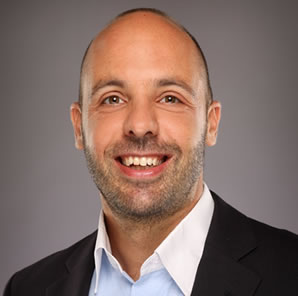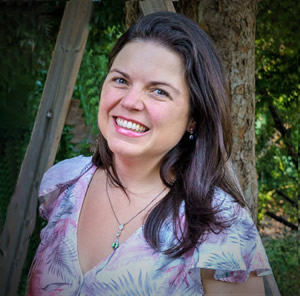


Martin Jiskra is currently a Swiss National Science Foundation Ambizione Fellow in the Department of Environmental Science at the University of Basel, Switzerland. He received his PhD from ETH Zurich, Switzerland in 2014 and was an EU Marie-Sklodowska Curie Fellow at the French National Center for Scientific Research CNRS in Toulouse from 2015 to 2017. His research uses mercury stable isotopes to better understand the global cycling of mercury. His main research interests are the exchange of mercury between the atmosphere and Earth surfaces and transformation and transport processes in soils. Martin Jiskra has previously been working in boreal and Arctic ecosystems. His current work focuses on the uptake of atmospheric elemental mercury by vegetation across Europe. To address the research questions, his research group combines the novel mercury stable isotope fingerprinting tool with remote sensing and modeling techniques. He is also interested in developing new analytical techniques and new applications using mercury stable isotopes.

Dr Larissa Schneider completed her PhD in 2014 at the University of Canberra, Australia, studying the biogeochemical cycle of metals in estuaries receiving inputs from coal-fired power stations. During her postdoctoral work at the Australian National University (ANU), she set up a mercury lab and initiated studies on mercury in the Australian environment. Since 2018, she has been a research fellow at the ANU studying historical mercury deposition in freshwater lakes in Southeast Asia over the past 10,000 years.
Larissa has dedicated her career to filling in the significant gaps in mercury science in the Southern Hemisphere (SH) and to unite researchers within the SH towards this objective. Her advocacy to further develop mercury research in the SH includes (1) the foundation of Mercury Australia, a research network that unites researchers investigating the historical and contemporary uses and impacts of mercury in the Southern Hemisphere (www.mercury-australia.com.au) and policy implications; (2) her initiation of a Special Forum on Mercury in the Southern Hemisphere in the journal Elementa: Science of the Anthropocene (https://online.ucpress.edu/elementa/pages/mercury_in_the_southern_hemisphere_and_tropics).
At the heart of Larissa’s work is her dedication in communicating scientific findings on mercury to the general public through mainstream news and social media. Larissa also works for equality and diversity in science. Her activities encourage contributions from researchers from less economically developed countries and she always campaigns for fee waivers and funding opportunities for SH colleagues to make science accessible to all.
The 2022 ICMGP conference has introduced the Emerging Researcher Award in Mercury Research. This award has been established to recognize and celebrate a researcher in the early stages of their career. Up to now, the mercury community has recognized its students through poster and presentation awards and our legends in mercury through the Katherine Mahaffy Lifetime Achievement award. Thus, the time has come to inaugurate this award to acknowledge and showcase mercury researchers in mid- career for their significant contributions to our community.
This new award sought nominees who were within 10 years of finishing their PhD or equivalent experience in research, policy or technological development, or advocacy within the mercury community. Members from academia, government, non-government organizations, and industry were all considered. The scope of the winner included work that could be at the local, regional, or global scale, but demonstrated a proven or predicted global impact on our community.
In keeping with the tradition of prior conferences, the recipient of the Emerging Researcher Award in Mercury Research will be formally celebrated at each ICMGP conference beginning in 2022. The awardee shall be given the following: i) an opportunity to make a short presentation at the ICMGP Opening Ceremony to honour their work, ii) an opportunity to do an oral presentation at an appropriate oral session at the conference, ii) a commemorative token in honour of the award as a keepsake, and iv) a complimentary registration to participate in the conference.